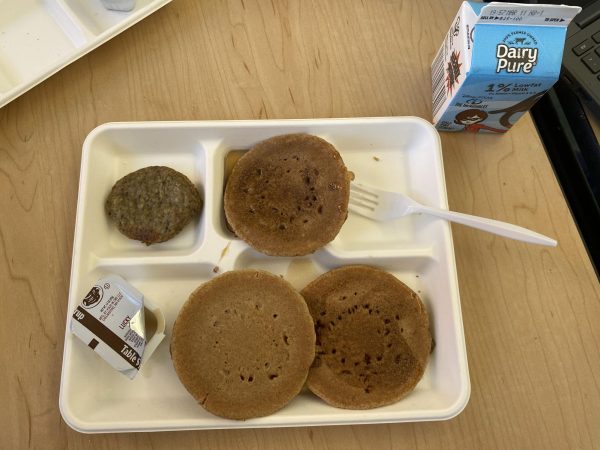Teen Nature Vs. Sleep

Are you getting enough sleep? The majority of us probably aren’t. Most people, especially teens, do not get as much sleep as they need. Teenagers need between eight and nine hours of sleep each night. The problem is that a teenager’s brain generally doesn’t get tired until around eleven o’clock at night, and therefore, many teens fall asleep much later. They regret this when they need to get up between six and seven in the morning. This gives most teens around seven or fewer hours of sleep. This lack of sleep makes it harder for teenagers to focus and do well in school and provides great dangers in tasks like driving.
It’s said that sleep is food for the brain, and that it is as vital as eating, drinking, and breathing. There are many consequences for teens not getting enough sleep. It can limit their ability to learn, listen, concentrate, and solve problems. Teens become more forgetful of even the most basic things when they don’t get enough sleep. It leads to aggressive or inappropriate behavior such as yelling and getting impatient with people. It can even contribute to developing acne as well as other skin problems. You will be more likely to eat too much, or too many unhealthy foods, and it will heighten the effects of alcohol, and possibly caffeine and nicotine. Lastly, not sleeping enough can contribute to illness, not using equipment safely or driving while drowsy. However, senior John Gayton said that he “falls asleep at two-thirty or three o’clock in the morning and wakes up at five-thirty. It may not seem like enough sleep to some people but I feel like I get enough sleep, and I don’t think that my judgment or abilities are compromised at all.” On the other side of the spectrum, senior Erin Burt stated that she “goes to sleep around ten on school nights and wakes up at six in the morning.” This gives Erin around eight hours of sleep each night, which is much more than what most people her age get each night.
As unfortunate as all of the consequences are, there are many solutions for the problems. Many of the solutions are very easy and don’t take very long. First, you need to make sleep a priority. Naps can be a huge help if you can time them correctly. It is also important to make your room a sleep haven. It needs to be very dark and have very little distractions or stimulation. No pills, vitamins, or drinks can replace a good night’s sleep. You need to be able to recognize when you are sleep deprived. Don’t eat drink or exercise within a few hours of going to sleep. Instead, create a pattern to signal to your body that it is time to sleep. Make to-do lists before you go to bed so that you don’t stress as much while you are trying to fall asleep.




